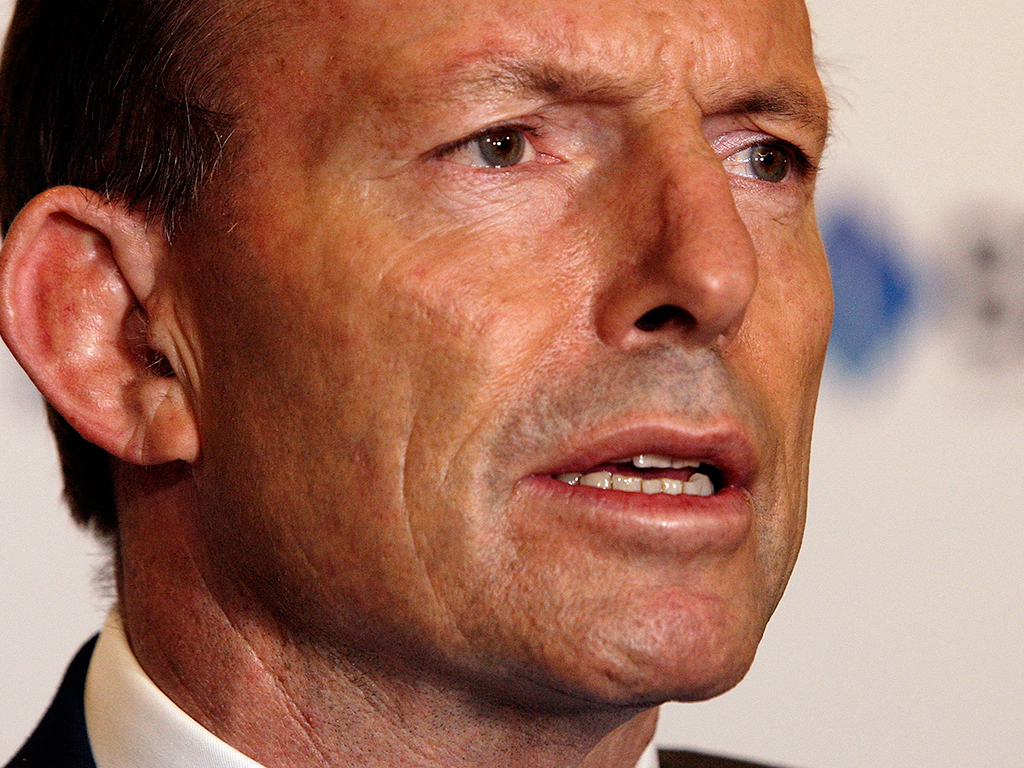Australia repeals carbon-pricing policy; environmentalists concerned
Policymakers have voted to abolish Australia’s tax on carbon emissions, to the delight of some and the dismay of others

In a controversial move, the Australian Senate has voted to stamp out the country's tax on carbon emissions, angering environmentalists. Still, the vote was close - with 39 to 32 in favour of the move
After years of fraught discussion, Australia’s Senate has voted to abolish the country’s tax on carbon emissions, first introduced under the previous Labour government. The stance falls in line with Prime Minister Tony Abbott’s “pledge in blood” to “axe the tax”, and has been welcomed by Liberals who have long maintained the policy punishes legitimate businesses.
The carbon-pricing scheme came into effect only two years ago, and was but a single facet of Australia’s complex stance on climate policy. Public concerns over the country’s wayward emissions have long come up against the might of the country’s mining and hydrocarbons sectors, which together represent a significant share of the national economy.
Public concerns over the country’s wayward emissions have long come up against the might of the country’s mining and hydrocarbons sectors
The senate voted 39 to 32 in favour of repealing the law, with Abbott pledging to replace the policy with a taxpayer-funded AUD2.55bn emissions reduction plan. “Scrapping the carbon tax is a foundation of the government’s economic action strategy,” said Abbott. Speaking later to Australian families, he added: “We are honouring our commitments to you and building a strong and prosperous economy for a safe and secure Australia.”
However, the policy change was not welcomed by all. The Climate Institute, for one, released a damning indictment of the government’s stance. The organisation’s CEO, John Connor, called it: “An historic act of irresponsibility and recklessness.”
“With the Senate’s vote today, Australia not only lurches to the back of the pack of countries taking action on climate, but sees the responsibility of emission reductions shift from major polluters to the taxpayer,” he added. “The last seven years have been a sorry and sordid tale of greed, incompetence and rotten luck, which has reduced Australian policy making to scaremongering, self-interest and reckless short termism.”
Other sources have seen the decision as proof that a carbon tax may not be the best fix in global effort to tackle climate change. “Today’s decision is a very significant development for climate policy,” says Benny Peiser, Director of the Global Warming Policy Foundation. “It is proof that unilateral carbon taxes or other costly climate policies are unsustainable in the absence of an international agreement.”
The ruling coalition government has proposed a “Direct Action” scheme, which would offer grants to companies whose efforts contribute to Australia’s 2020 emissions cut target of five percent on 2000 levels.













